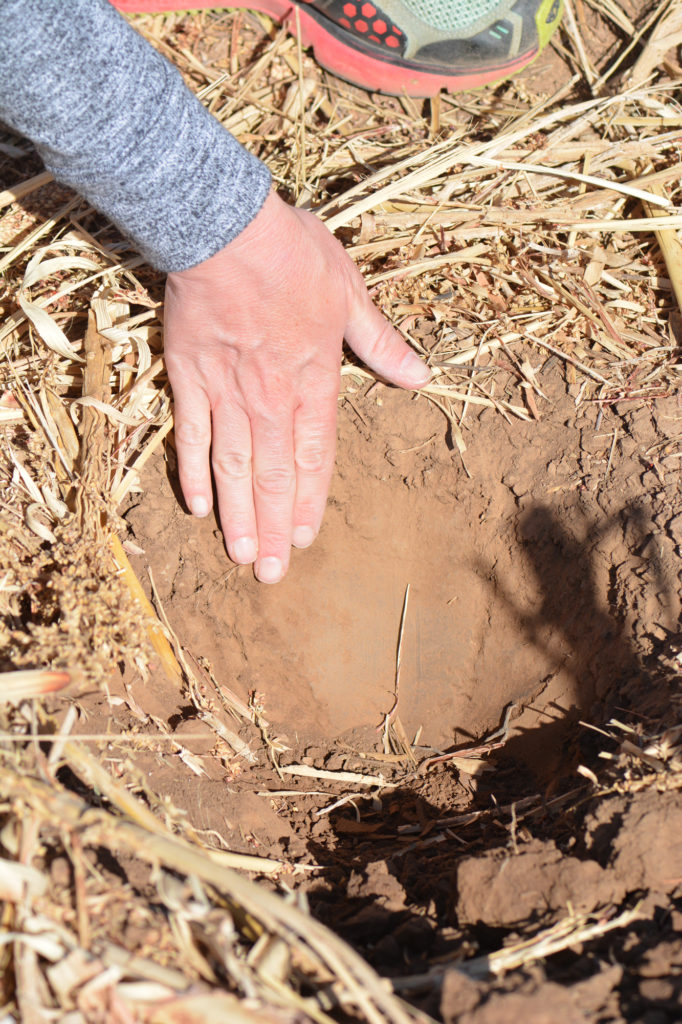Great Plains Soil Fertility Conference set March 4-5 in Lubbock
Conference to address nutrient needs in dryland agriculture soils
The Great Plains Soil Fertility Conference will be held March 4-5 in Lubbock, moving from its traditional location of Denver. The event will be at the McKenzie-Merket Alumni Center on the Texas Tech University campus.

Registration and the complete agenda are available at https://greatplainssoilfertility.org/. Early registration by Feb. 15 is $225, and regular registration is $275. Students are $100 for early registration and $125 after Feb. 15.
“Our goal is to provide updates on fertility and soil research being conducted across the Great Plains,” said Katie Lewis, Texas A&M AgriLife Research soil chemistry and fertility scientist and professor in the Department of Soil and Crop Sciences, Lubbock, who is serving as conference chair of the event. “The sole focus is on soil management in an environment that is unique to this region.”
Consultants, industry agronomists and academics from across the Great Plains – Canada, Montana, Nebraska, the Dakotas, Kansas, Colorado, Oklahoma, New Mexico and Texas – are expected to attend, Lewis said.
“This is a good opportunity for producers to hear about the unbiased science that is being conducted across the various research platforms on nutrient management,” Lewis said.
There will be continuing education units available, including nine certified crop adviser credits, six nutrient management credits, and three soil and water management credits. Additionally, there will be three general Texas Department of Agriculture CEUs for pest applicators.
Topics of discussion
Lewis said they expect close to 60 presentations, both poster and oral, from leaders of soil fertility across the Great Plains representing both academic and industry standpoints.
One of the hottest topics at this time, she said, is nutrient management in dryland environments.
“Typically, when we talk about nutrient management, it has been more focused on irrigated acres,” Lewis said. “But with less water and more dryland acres, we want to focus our attention more on dryland management.”
Dave Franzen, North Dakota State University, and Brian Arnall, Oklahoma State University, two renowned fertility specialists, will speak on phosphorous management and a nitrogen calculator they’ve developed following cover crops.
Lewis said one of the limitations to cover crops in these semi-arid soils is that they can potentially tie-up nitrogen for the cash crop, so this will give producers a better way to calculate the nitrogen available.
In addition to the presentations, there will be a graduate student competition presenting research and opportunities to win scholarship prizes.


